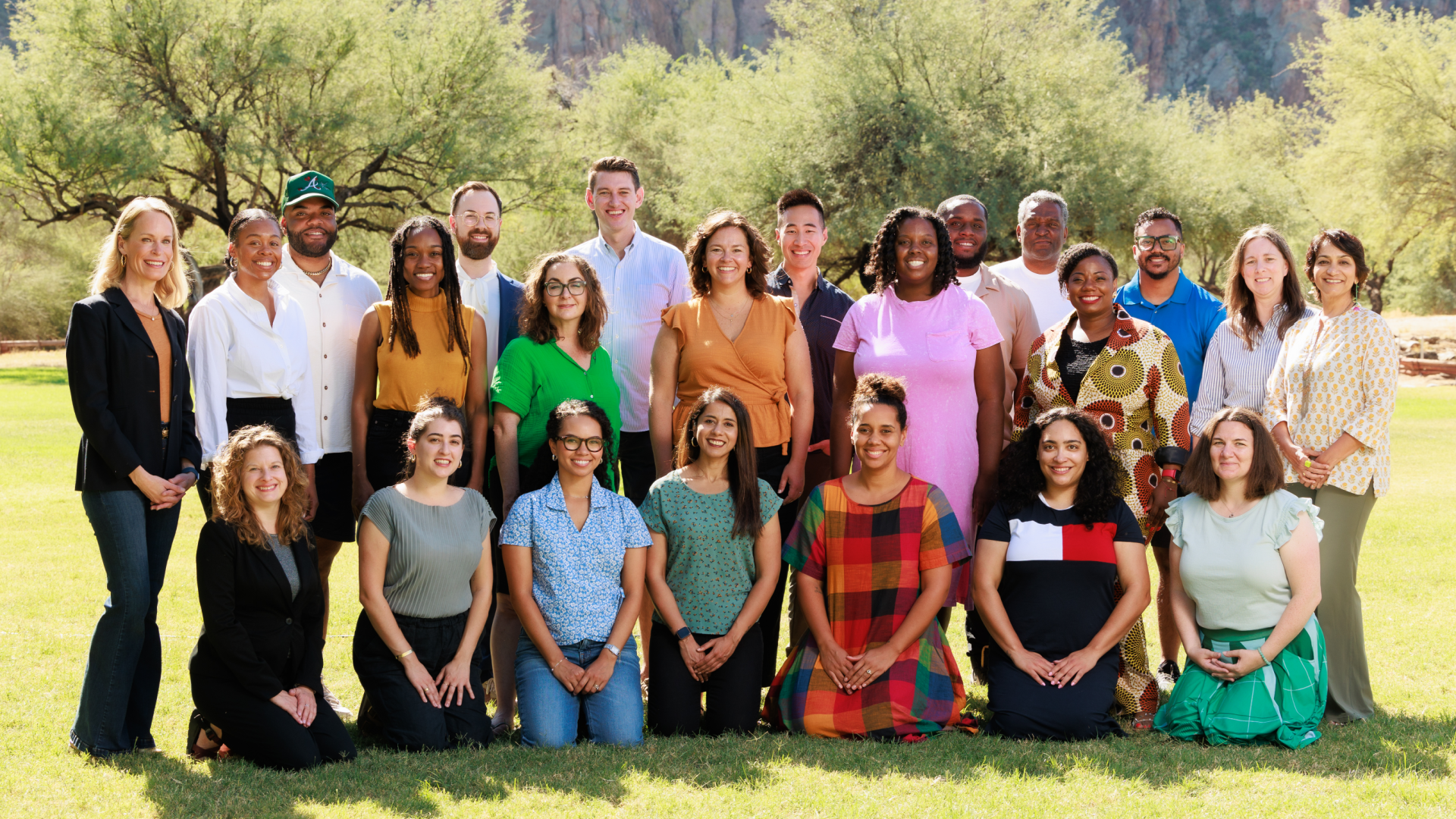Trust is one of the most crucial elements to advancing any social change. We’re seeing it play out now in our political system, in our response to COVID-19, and in our ability to ensure people take the COVID-19 vaccine this year. In the recently released 2021 Edelman Trust Barometer, it was apparent that the global pandemic, the economic crisis, and our national racial reckoning of 2020 have deeply impacted the trust individuals have in all of our institutions and sectors.
Here are the key takeaways for nonprofit and philanthropic leaders:
- Trust in Nonprofits Declined
While business, government, and media industries across the globe increased in trust overall, nonprofits have had a decrease in trust. Despite this decline, nonprofits, or NGOs, as the report identifies them, are still trusted more than government and media. However, businesses are now seen as the most trusted institution around the world. Edelman describes that businesses have higher trust levels because they are seen as both ethical and competent. NGOs, however, are seen as ethical, but less competent.

2. Employer Communications is the Most Trusted
Somewhat surprisingly, individuals trust their employers for information and news more than they trust any other source – government, media, corporations, advertising, or social media. This has fascinating implications for nonprofit CEOs and leaders. In a time when we are dealing with vast misinformation, it is really important to note that employer-based communications may be one of our best ways to get credible, accurate information out to people. As nonprofit leaders, we should consider how we communicate to our staff, volunteers, and the communities we serve about the information that they need, whether about voting rights or how and when to get vaccinated for COVID-19. This result also has huge implications for small and local community-based organizations that are already strapped for resources to deliver on critical services, and now might be seen as one of the trusted sources of news in their communities, as well.

3. Trust High for Local and Proximate Leaders
A downward trend in trust of leaders continued with a particular focus on government leaders, religious leaders, journalists, and CEOs generally. However, one bright spot is the following leaders saw an increase in trust during a tumultuous 2020: people in local communities, employer CEOs, and scientists.
Interestingly, this brings up yet another element of the second takeaway, which is that nonprofit and foundation CEOs have a trusted role to play with their own employees. The trust also interestingly happens to be similar for people on the left and right side of the political spectrum. There is an opportunity here to not just inspire and galvanize employees, but also an added level of pressure or responsibility to speak about the biggest social issues of our time, such as climate change, poverty, or racism, even when those issues aren’t directly related to the bottom line or mission. In fact, the Barometer noted that 86% of people agreed that they “expect CEOs to publicly speak out about one or more of these societal challenges.”
4. Partnerships Are More Important than Ever
The low trust numbers across the board make it apparent that no one sector of our society will be able to solve our massive problems alone. It will be imperative that businesses, nonprofits, government, and the media work together to address society’s issues, and ensure that voices often ignored or marginalized have an active role in shaping our solutions. Edelman’s report notes that we are all suffering from “information bankruptcy” and offers the following four suggestions for leaders from all sectors:
- CEOs must lead on issues from sustainability and systemic racism to upskilling. Act first, talk after.
- Societal leaders must have the courage to provide straight talk, but also empathize and address people’s fears.
- All institutions must provide truthful, unbiased, reliable information.
- Business, government, NGOs and others must find a common purpose and take collective action to solve societal problems.
These key takeaways will help shape our second annual Trust in Civil Society survey. Learn more about the Edelman Trust Barometer at: www.edelman.com/trust/2021-trust-barometer.



